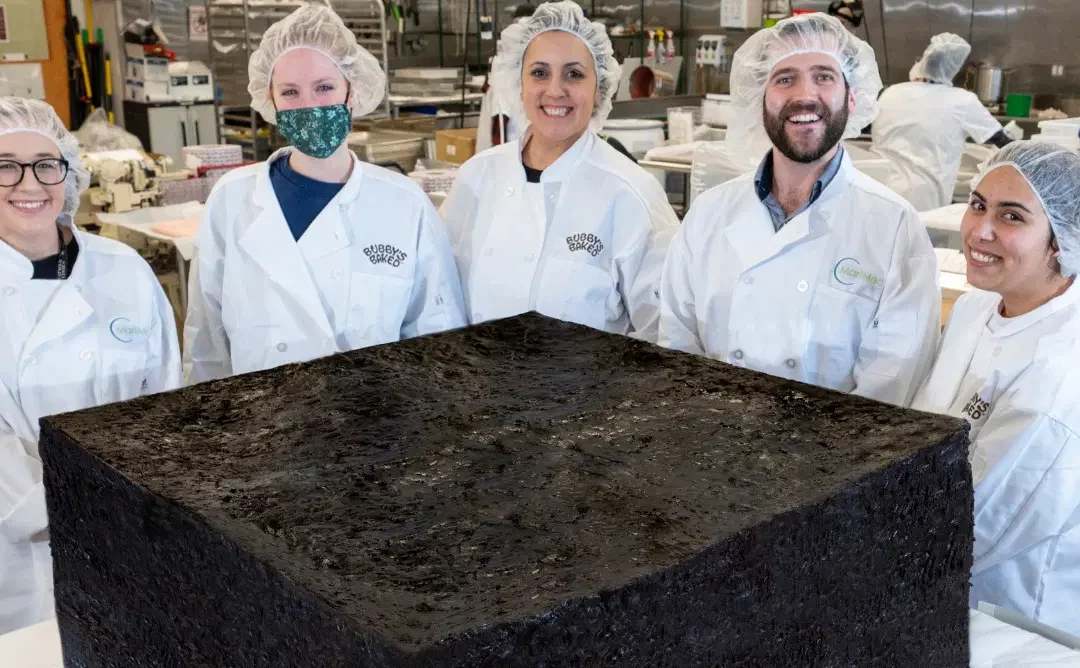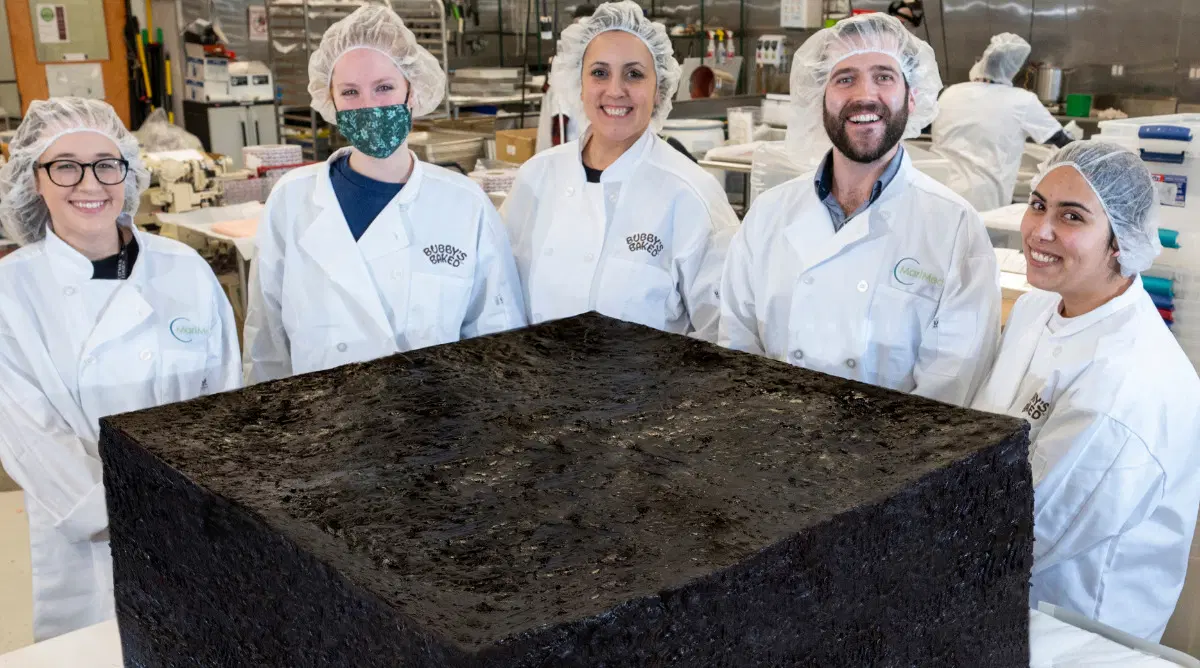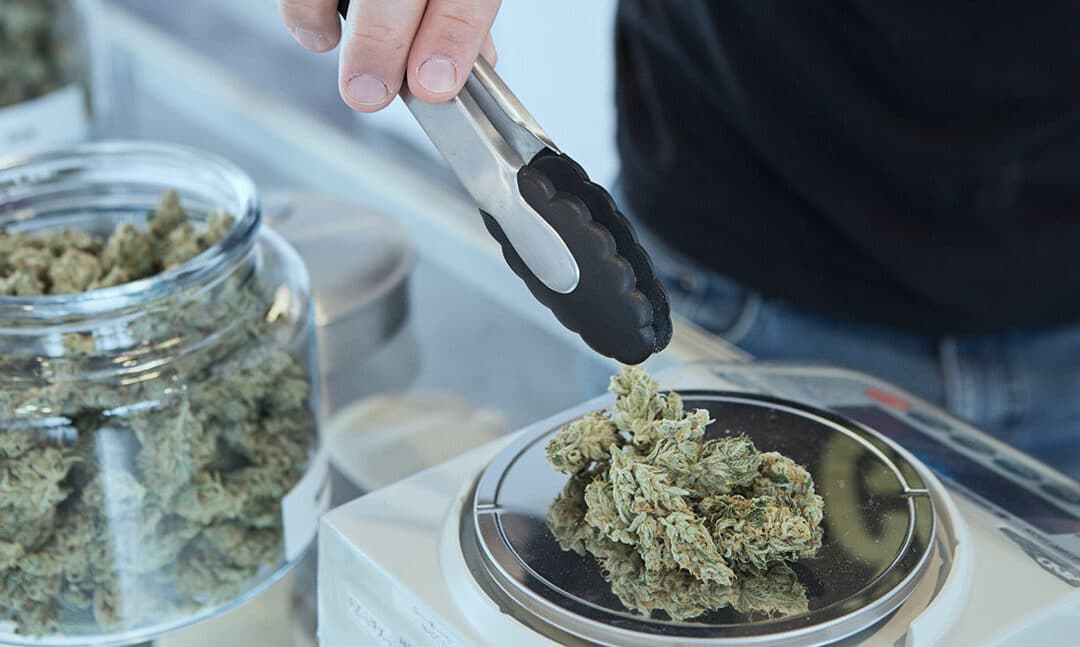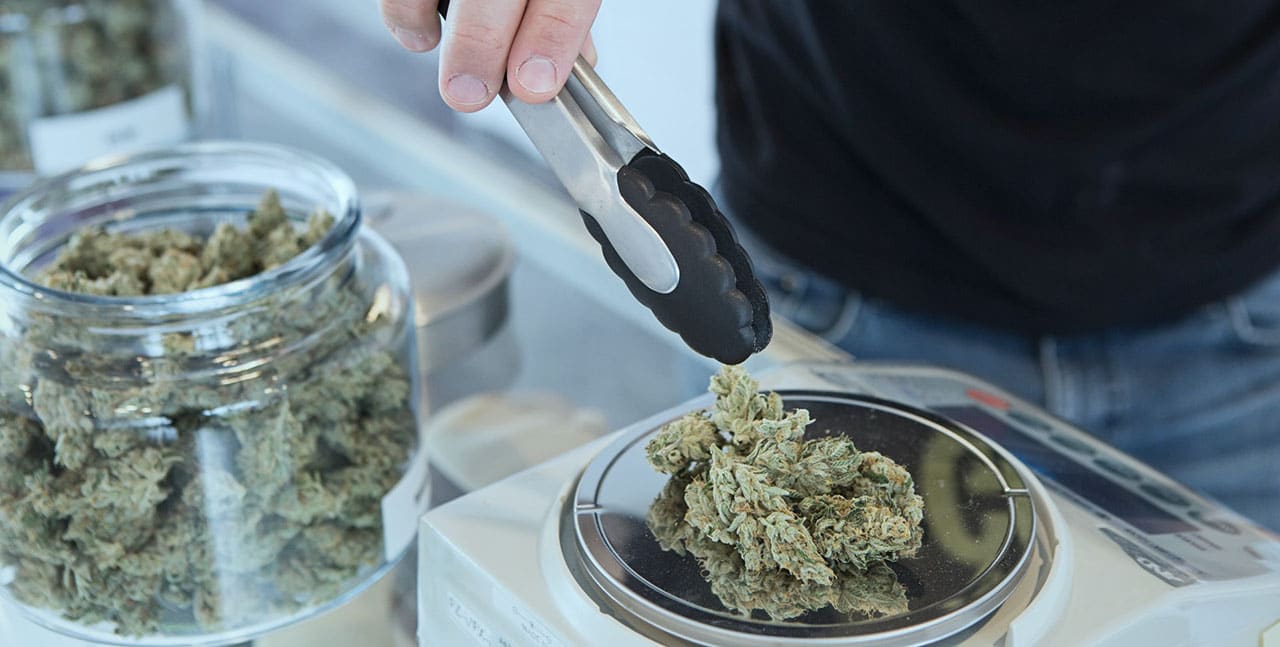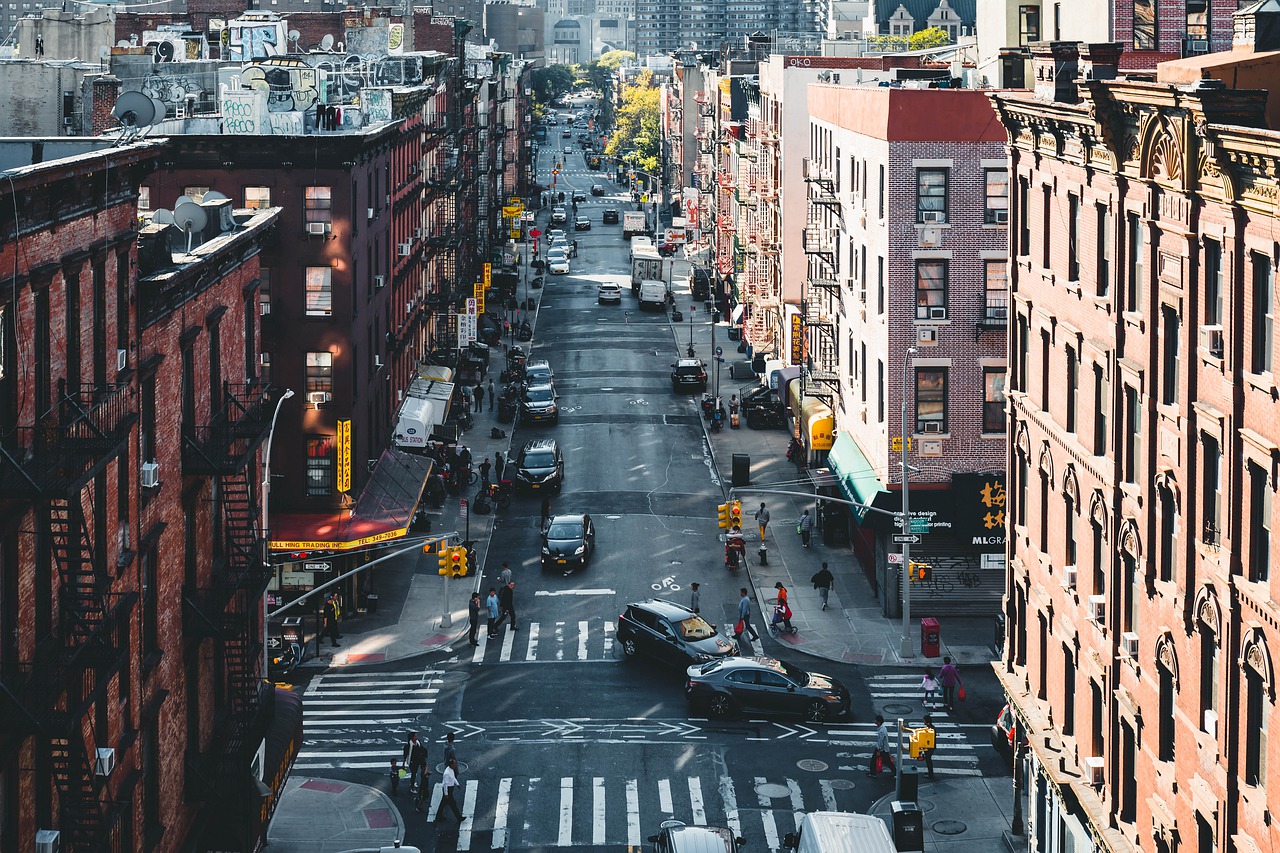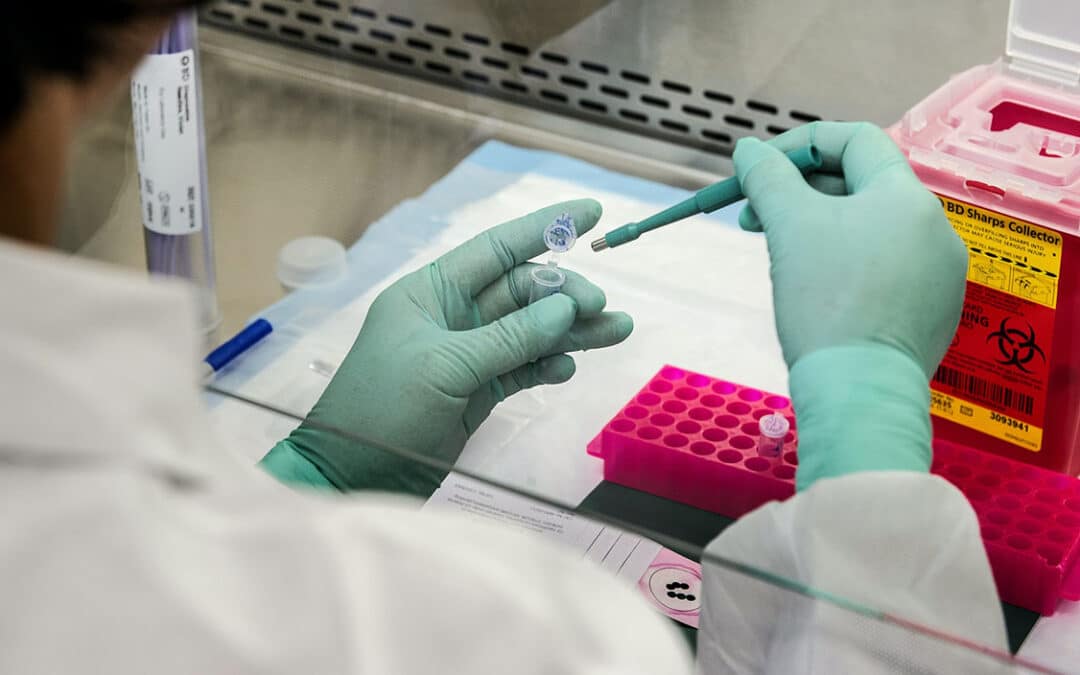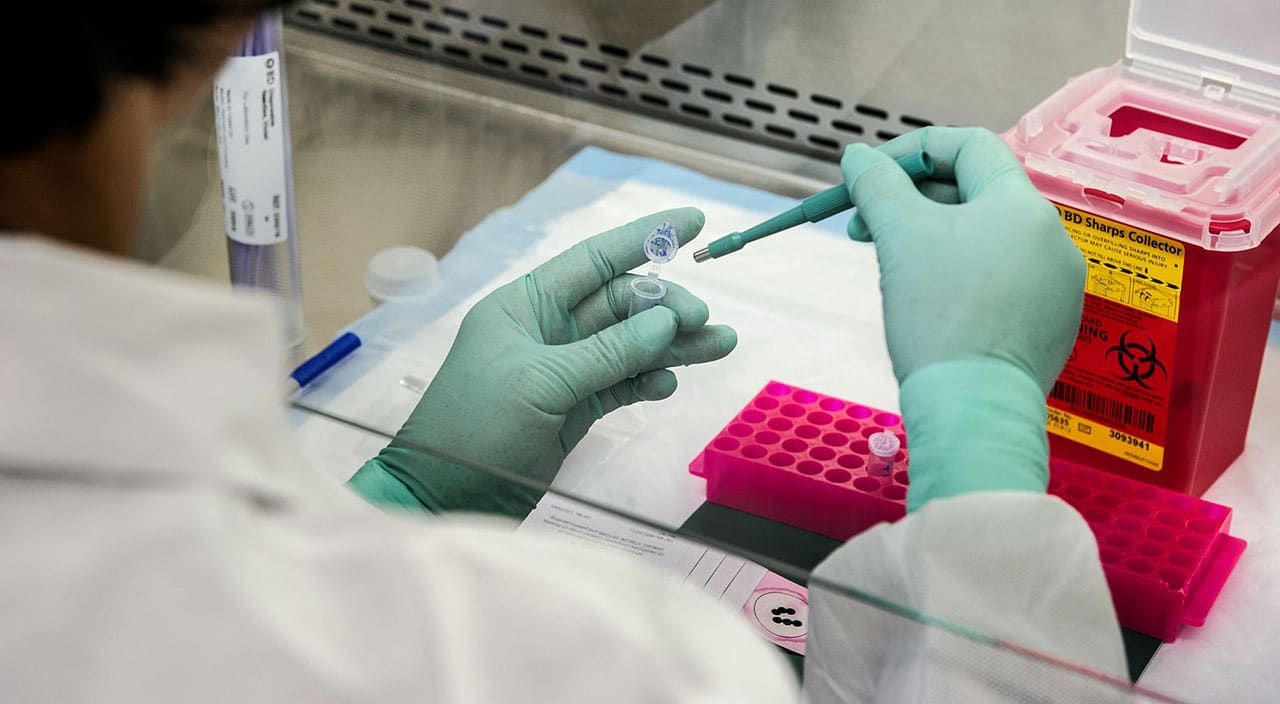
Malta becomes first EU country to legalize cannabis

Adults will be allowed to carry up to seven grams of cannabis and grow four plants at home, but smoking it in public or in front of children will remain illegal.
Several other nations have similar plans; Germany, Luxembourg and Switzerland being three other EU countries considering legalization. While cannabis use and possession is permitted under certain circumstances in the Netherlands, cannabis isn’t officially legal.
Malta’s parliament voted to legalize cannabis on Tuesday, December 14, 2021 with 36 members voting in favor and 27 against.
Equality Minister Owen Bonnici said the “historic” move would stop small-time cannabis users from facing the criminal justice system. A legal cannabis industry would also “curb drug trafficking by making sure that users now have a safe and regularized way from where they can obtain cannabis”.
However, Malta’s opposition Nationalist Party voted against the new law, claiming an increase in illegal market sales will be the result.
In October the group’s leader Bernard Grech — who initially supported the new law — warned it would “only lead to the strengthening of the illegal market, with organized crime taking advantage,” according to The Times. Opponents have already called on Malta’s president, George Vella, not to sign it into law, which is the final, ceremonial stage.
Under the new law anyone carrying more than seven grams, but less than 28g could be fined up to €100 ($112). The punishment for smoking in public will be a €235 ($265) fine, and those smoking cannabis in front of anyone younger than 18 could be fined up to €500 ($560).
Associations will be set up to distribute the seeds to cultivate cannabis or the consumable version itself in order to regulate how much someone buys. A person can only be a member of one association.
The Malta cannabis law also includes support for minors who are found with cannabis. They will be recommended a care plan or treatment as opposed to facing arrest or criminal charges.
While the EU’s smallest member state, Malta is likely to be the first of a number of nations changing their cannabis laws after the UN last year reclassified cannabis to recognize its therapeutic uses.
Several countries in the EU have decriminalized cannabis for recreational or medical use under certain conditions including Spain and Italy more recently. Switzerland also has plans to implement a legal cannabis industry in the future, and Germany’s new government has announced plans to legalize the plant as well.
As the shifting narratives and stigmatization surrounding cannabis are broken down thanks to more scientific research and studies into cannabis that have been hindered for decades, more countries are beginning to recognize the potential therapeutic and recreational benefits of cannabis.

